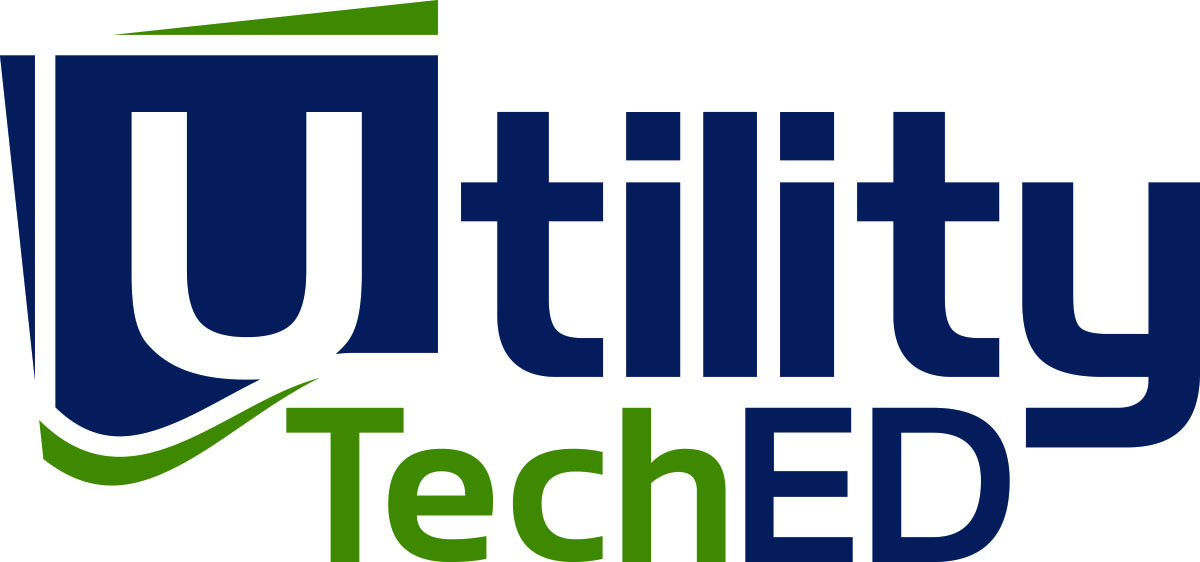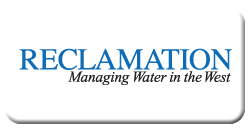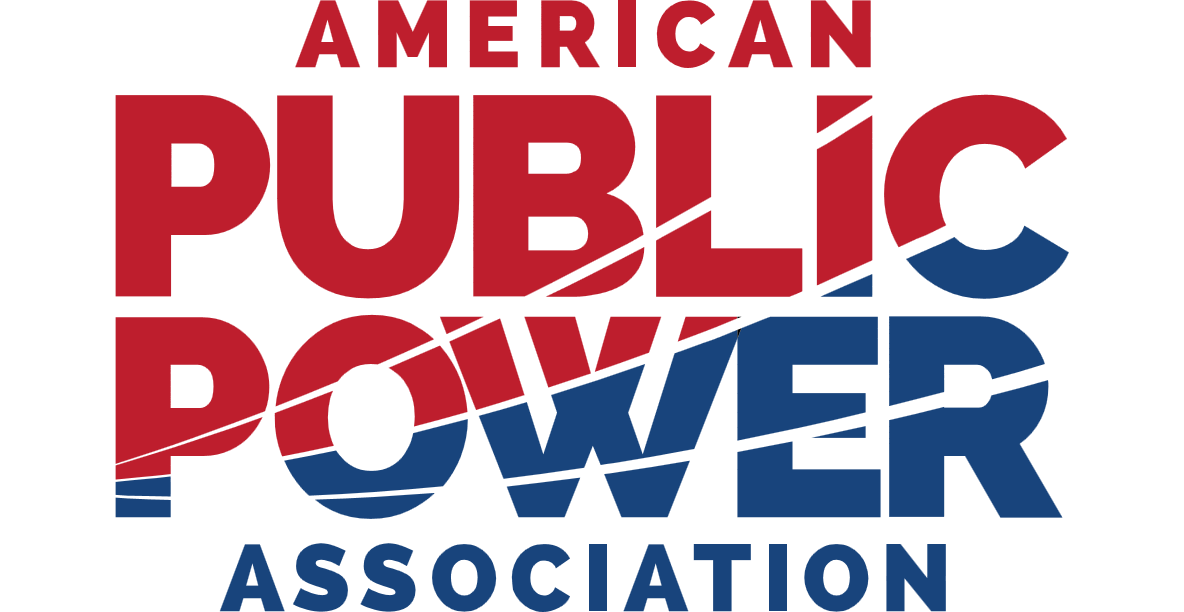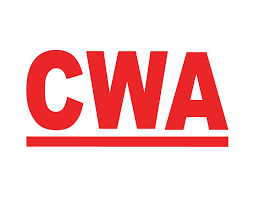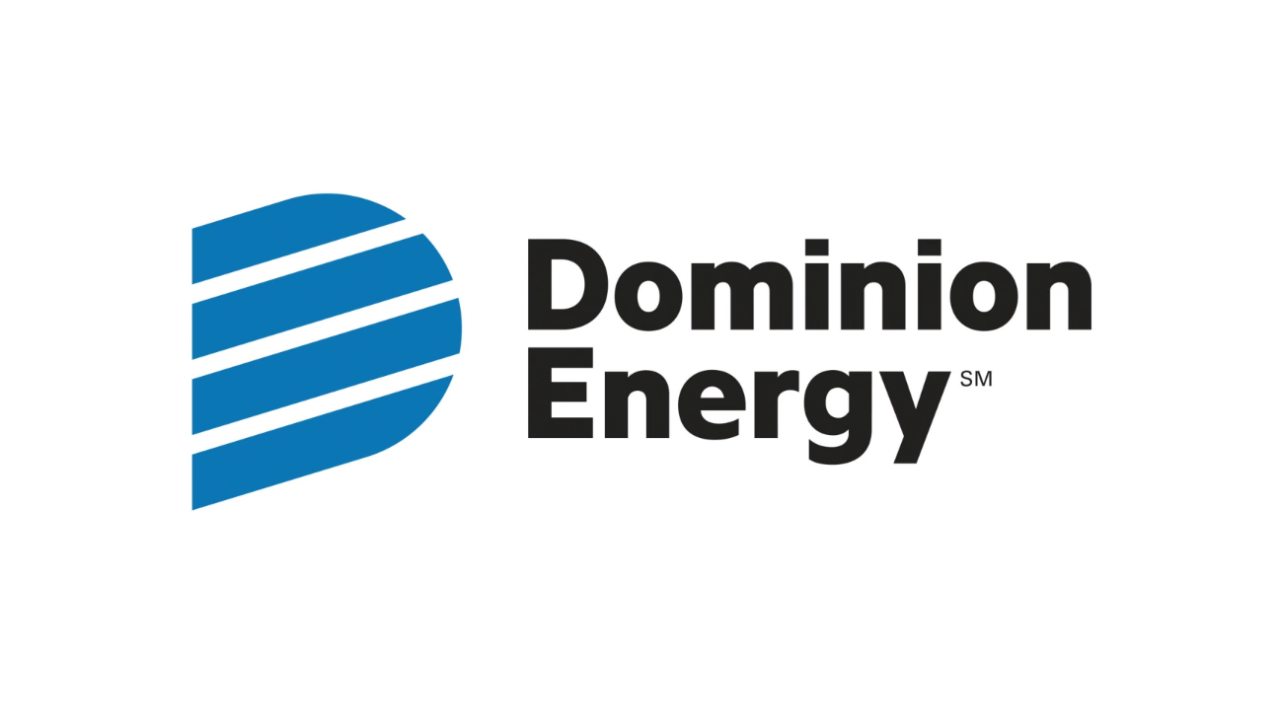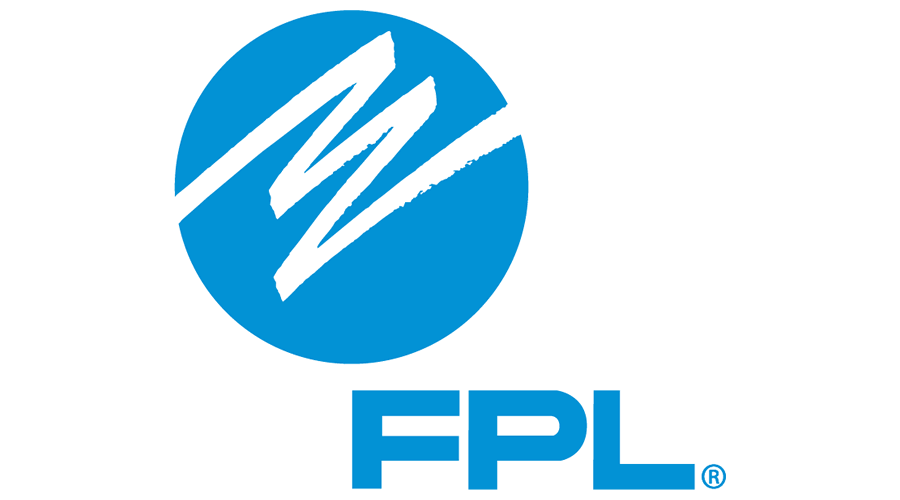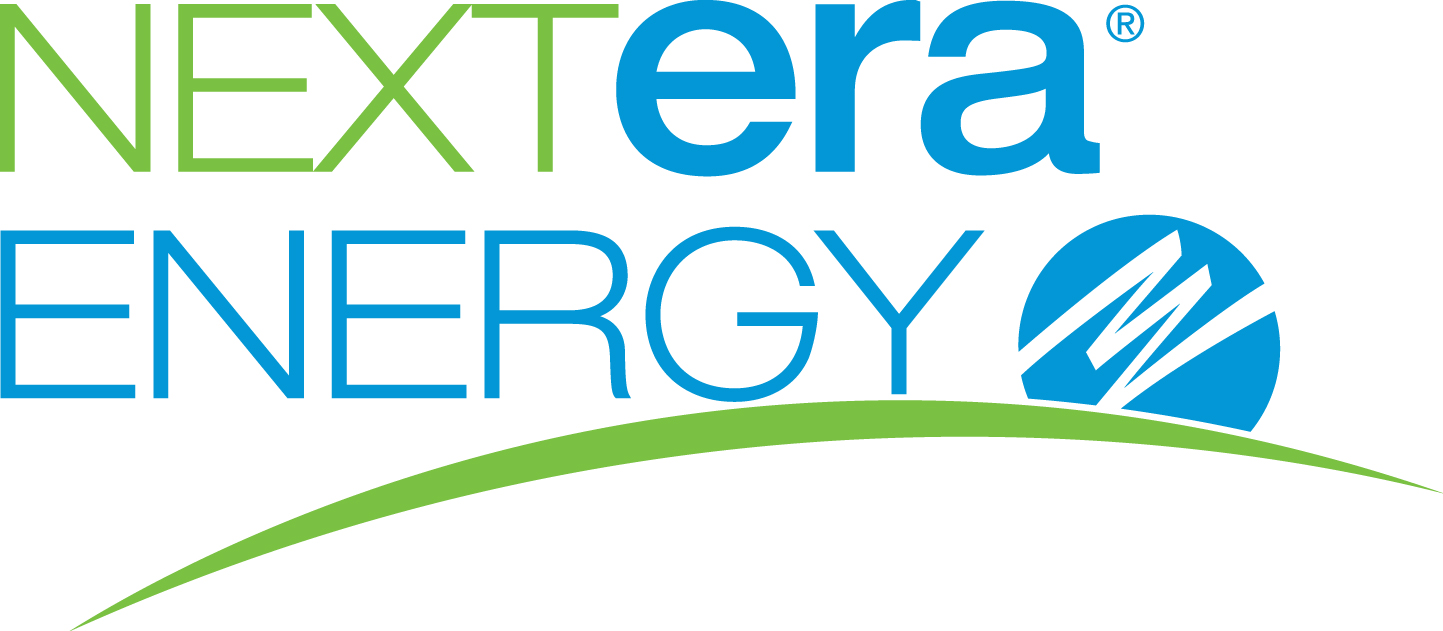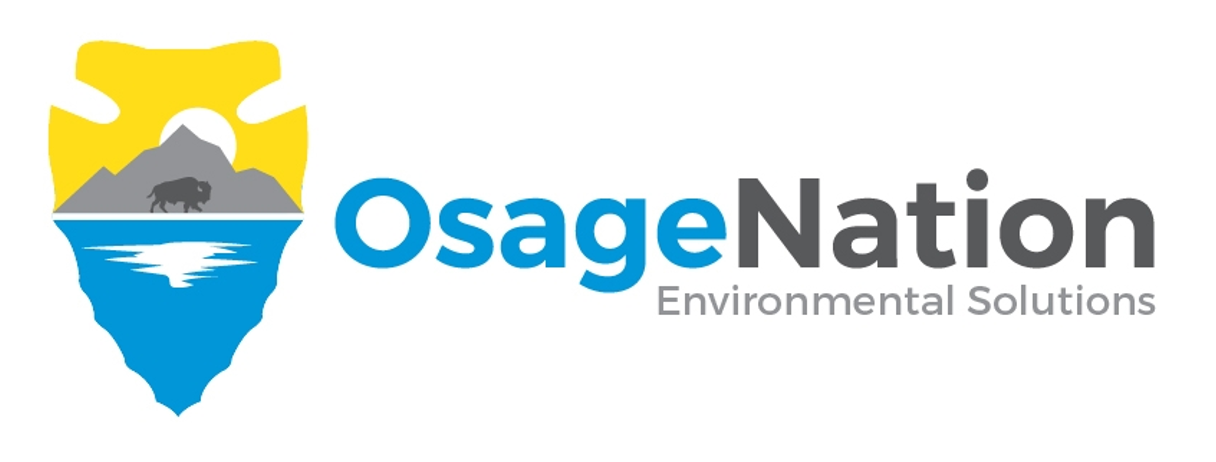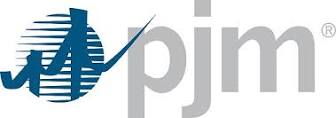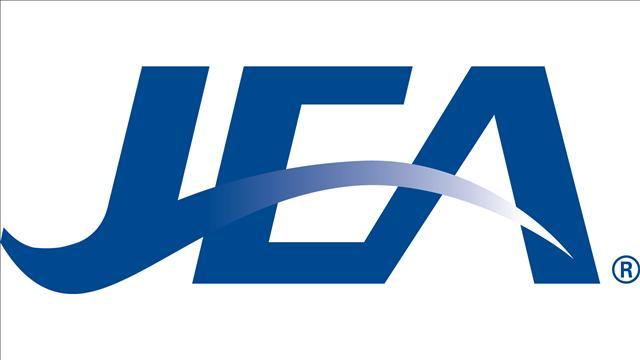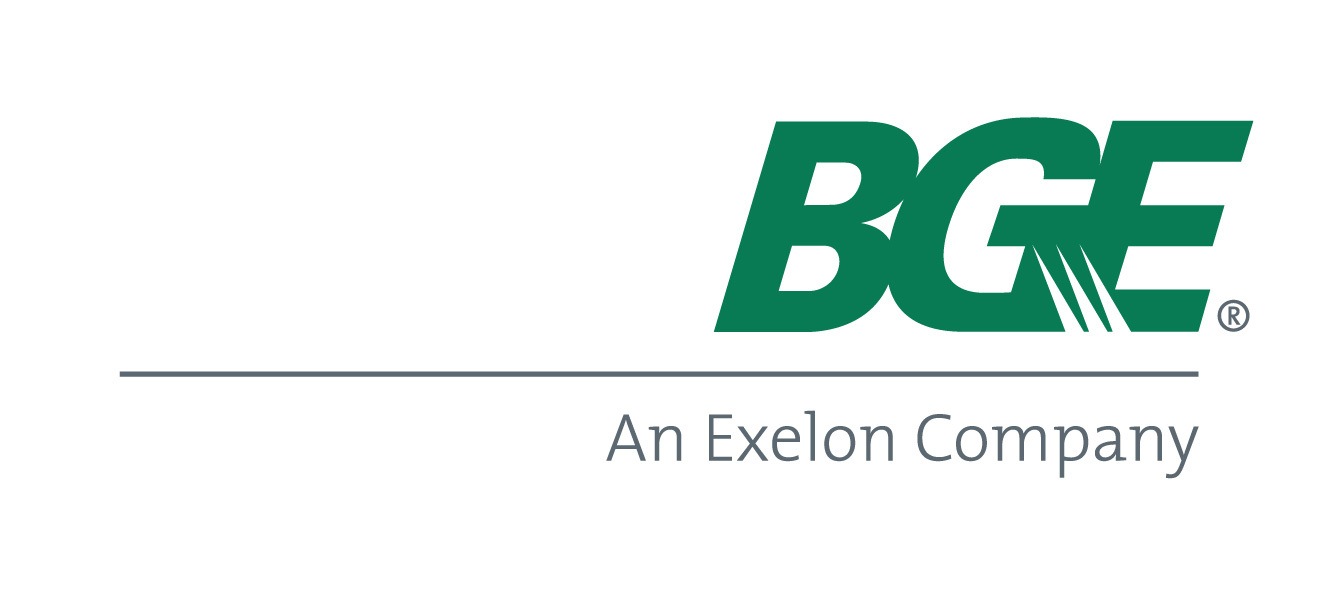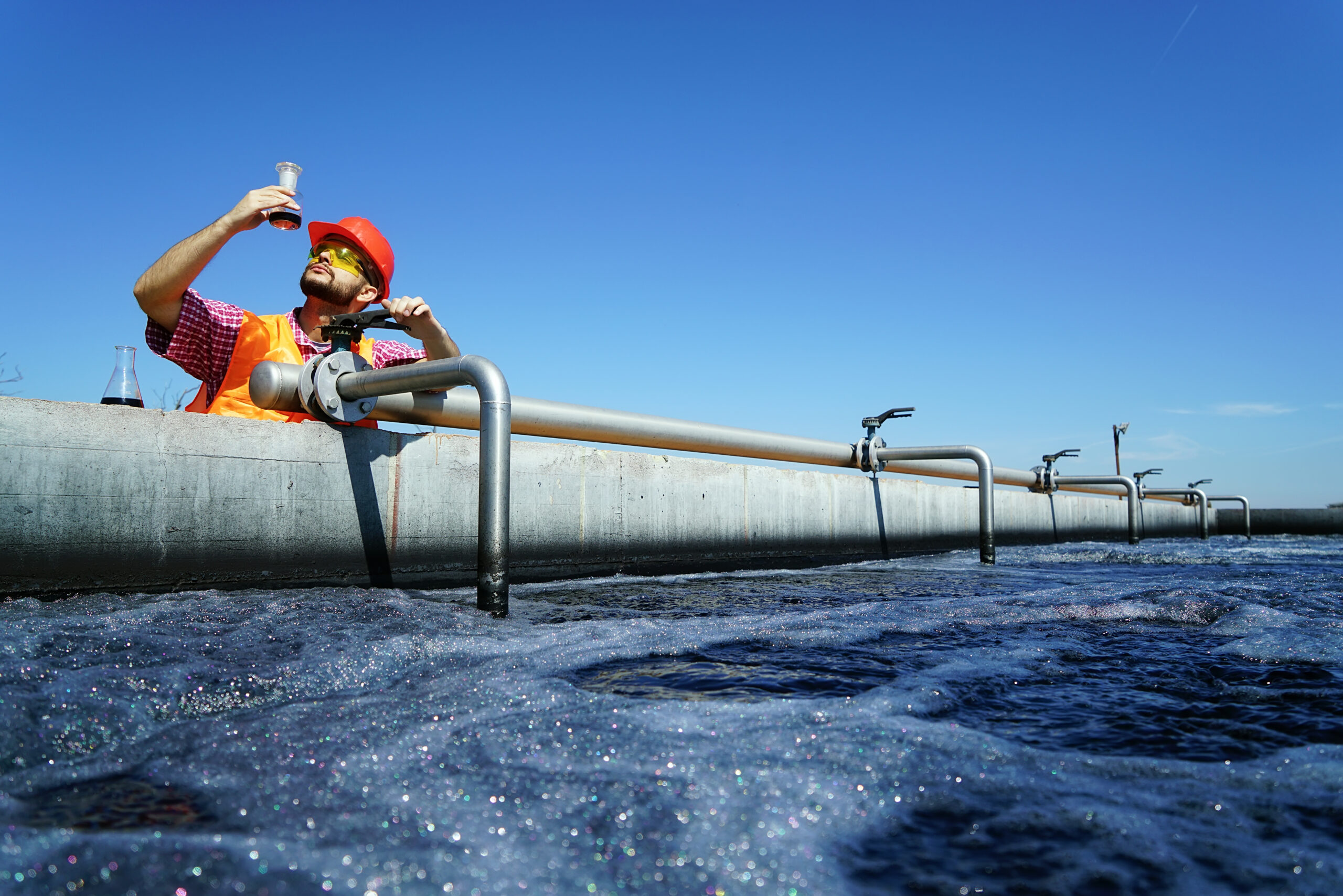

Water & Wastewater Technology
Certificate Program in Water and Wastewater Technology

Overview
The courses in the EPCE-sponsored online Water and Wastewater Technology program are:
- Flexible to accommodate personal and professional schedules.
- Offered every 3-5 weeks on a rotating schedule with the ability to enroll at any time.
The technical courses in this program count towards a Certificate in Water and Wastewater Technology. Courses can also be taken individually for professional development or training.
Course Information
WATR 101 Introduction to the Water Industry
• ENRT 105 Safety, Health & Environment
• ENRT 107 Mechanical Fundamentals
• ENRT 112 Print Reading
• WATR 105 Laboratory Procedures
• WATR 110 Water Treatment I
• WATR 115 Water Treatment II
• WATR 120 Wastewater Treatment
• ENRT 220 Practical Applications
Students choosing to complete all courses within the Water and Wastewater Technician (WATR) program can follow the recommended sequence below or create a customized schedule based on their needs. The NECE recommends that students consult with their academic advisor prior to registration for academic advice based on individual educational goals.
Recommended Sequence – 1st Semester
WATR 101 Introduction to the Water Industry
ENRT 105 Safety, Health & Environment
ENRT 107 Mechanical Fundamentals
ENRT 112 Print Reading
ENRT 116 Instrumentation & Control
Recommended Sequence – 2nd Semester
WATR 105 Laboratory Procedures
WATR 110 Water Treatment I
WATR 115 Water Treatment II
WATR 120 Wastewater Treatment
ENRT 220 Practical Applications
WATR 101 – Introduction to the Water Industry – 3 credits
This course provides an overview of the water treatment program and the water treatment industry. It introduces students to water and wastewater treatment occupations and processes. Students study operator roles, industry requirements, common terminology and basic equipment as well as water use and characteristics.
ENRT 105 – Safety, Health & Environment – 3 credits
This course covers the personal protective equipment and proper safe work practices and procedures commonly used in the energy industry. Students will also gain a working knowledge of standard safety, health and environmental practices and regulations set by various government entities.
ENRT 107 – Mechanical Fundamentals – 3 credits
This course provides an introduction to mechanical concepts commonly found in a plant setting. Topics covered include hand tools, piping, valves, steam traps and strainers. In addition, pumps, compressors, drivers, fans and rotating equipment are covered. Bearings, seals and lubrication are a focus in this course, as well as heat exchanger designs. Plant terminology and operator expectations are covered also.
ENRT 112 – Print Reading – 3 credits
This course covers schematics, prints, and piping and instrument diagrams used in the energy industry. Students will learn how to read and interpret block and single-line diagrams, which will prepare them for the logic and electrical schematics included in this course.
ENRT 116 – Instrumentation & Control – 4 credits
This course provides a comprehensive study of instrumentation components, control theory, control systems and typical controllers associated with the operation of energy facilities.
2nd Semester Courses
WATR 105 – Laboratory Procedures -3 credits
Students will be introduced to the chemical makeup of water and the impurities that must be removed for purification processes. Common procedures for testing and monitoring water and wastewater quality will be studied along with the calculation of chemical dosages and feed rates.
WATR 110 – Water Treatment I – 3 credits
This course will cover water sources and protection with a focus on pre and primary methods and equipment. Filtration, clarification and basic softening methods will also be studied along with pump types and applications. An emphasis will be placed on operating procedures and troubleshooting for each type of process.
WATR 115 – Water Treatment II – 3 credits
This course will instruct students on secondary and final treatment methods, processes and equipment. Disinfection methods and distribution systems will be covered in detail along with sampling, monitoring and reporting based on governmental regulations. Routine operator duties along with problem solving methods will be identified.
WATR 120 – Wastewater Treatment – 3 credits
This course is designed to assist students in understanding the processes and equipment used in a wastewater treatment plant. The concepts used for biological treatment and troubleshooting the various processes will be emphasized. Collection systems operation and maintenance will also be covered.
WATR 220 – Practical Applications – 3 credits
*Online students are required to contact their advisor prior to registering.
In addition to coursework students will complete an internship/job shadow experience at a water treatment facility or hands-on lab activities at BSC’s National Energy Center of Excellence. This experience will require students to observe and assist in the daily operations of a functional water or wastewater treatment facility. The hands-on training is expected to include lab testing, process checks, basic problem solving and routine maintenance activities. Students may not complete this course before their final semester at BSC.
The Certificate in Water and Wastewater Technology requires 33 credit hours.
Testimonials
Frequently Asked Questions
Yes. Learn more about Bismarck State College’s Interactive Learning Tools (ILTs) to enhance training. The Water & Wastewater ILTs focus on the operation of various types of equipment within water and wastewater treatment facilities.
Bismarck State College is accredited by the Higher Learning Commission of the North Central Association of Colleges and Schools. Visit the accreditation page for more details.
All courses are delivered asynchronous and offered 24/7.
The majority of courses are 3-5 weeks long.
Plan to spend approximately 15-20 hours a week working on a course.
You can start anytime during the year.
You choose your education journey. You can take an individual course, a certificate program or pursue a degree. If you are degree seeking, official transcripts will be required and placement tests may need to be completed.
Visit the tuition page here. If you/your company is not an EPCE member, learn more about becoming an EPCE member company and or individual member.
Yes, you can receive college credit for a variety of approved previous learning accomplishments. Explore your options with the BSC advisor.
Contact your Human Resources department to see if courses/programs qualify.
To get started, you will need to complete the application process . The admissions process typically takes 1 – 3 weeks.
Ask a BSC Advisor
Have questions about earning your certificate?
Get in touch with Bismarck State’s program advisor.
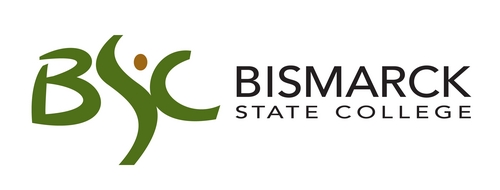
Melinda Landis
Advisor, NECE
701-224-5693
[email protected]
Sign Up for Our Newsletter
Subscribe to get the latest news about program updates and EPCE developments.





